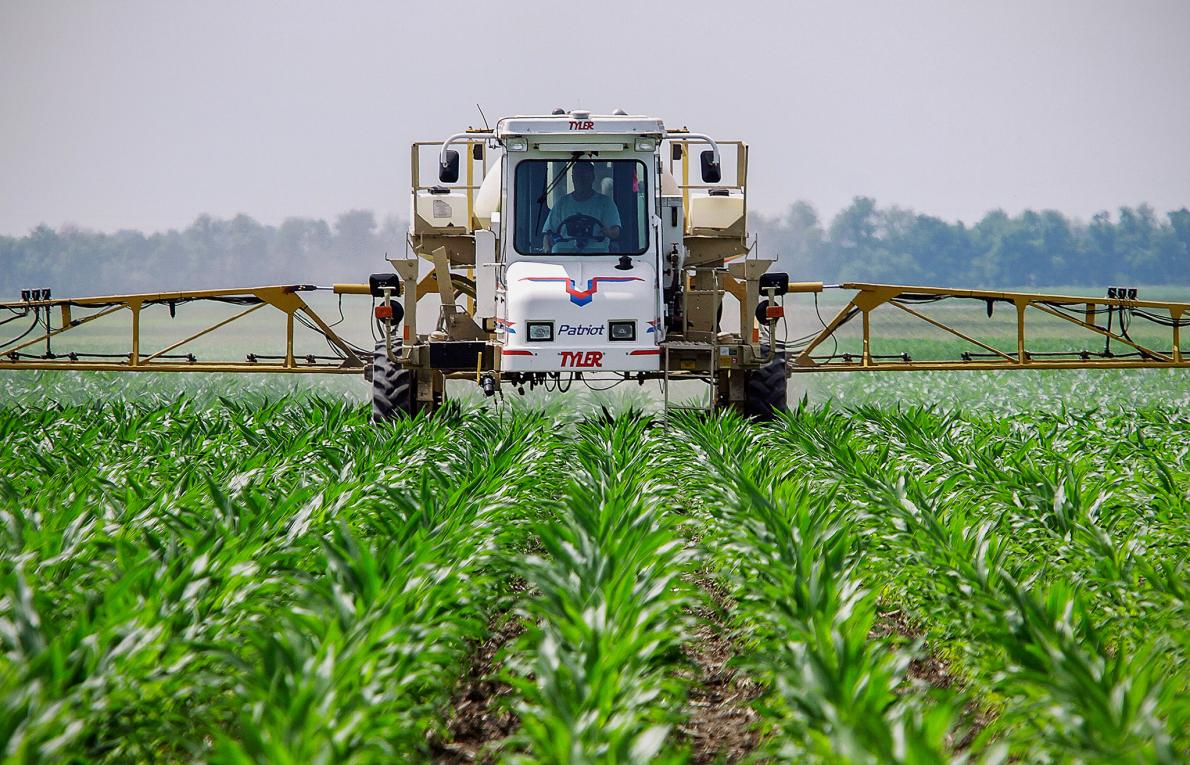
What Do We Really Know about Roundup Weed Killer?
The world’s most widely-used herbicide has been getting a lot of attention lately.
Last month, an international agency declared glyphosate, the primary ingredient in the popular product Roundup, a “probable human carcinogen.” The weed killer also has made recent headlines for its widespread use on genetically modified seeds and research that links it to antibiotics resistance and hormone disruption. Several national governments are planning to restrict its use, and some school districts are talking about banning it.
April 23, 2015 | Source: National Geographic | by Elizabeth Grossman
The world’s most widely-used herbicide has been getting a lot of attention lately.
Last month, an international agency declared glyphosate, the primary ingredient in the popular product Roundup, a “probable human carcinogen.” The weed killer also has made recent headlines for its widespread use on genetically modified seeds and research that links it to antibiotics resistance and hormone disruption. Several national governments are planning to restrict its use, and some school districts are talking about banning it.
So what do we know about glyphosate? Five key questions and answers:
How Is Glyphosate Used?
Introduced commercially by Monsanto in 1974, glyphosate kills weeds by blocking proteins essential to plant growth. It is now used in more than 160 countries, with more than 1.4 billion pounds applied per year.
Glyphosate, often sold under the brand name Roundup, is probably in your garage or shed because it’s ranked as the second most widely used U.S. lawn and garden weed killer. These products have been promoted as easy-to-use and effective on poison ivy, kudzu, dandelions, and other weeds.
But the primary use is by agriculture. Nearly all the corn, soy, and cotton now grown in the United States is treated with glyphosate.
Its use skyrocketed after seeds were genetically engineered to tolerate the chemical. Because these seeds produce plants that are not killed by glyphosate, farmers can apply the weed killer to entire fields without worrying about destroying crops. Between 1987 and 2012, annual U.S. farm use grew from less than 11 million pounds to nearly 300 million pounds.
“By far the vast use is on [genetically engineered] crops – corn, soy and cotton – that took off in the early to mid-nineties,” says Robert Gilliom, chief of surface water assessment for the US Geological Survey’s National Water Quality Assessment Program.
In addition, some five million acres in California were treated with glyphosate in 2012 to grow almonds, peaches, onions, cantaloupe, cherries, sweet corn, citrus, grapes, and other edible crops.
